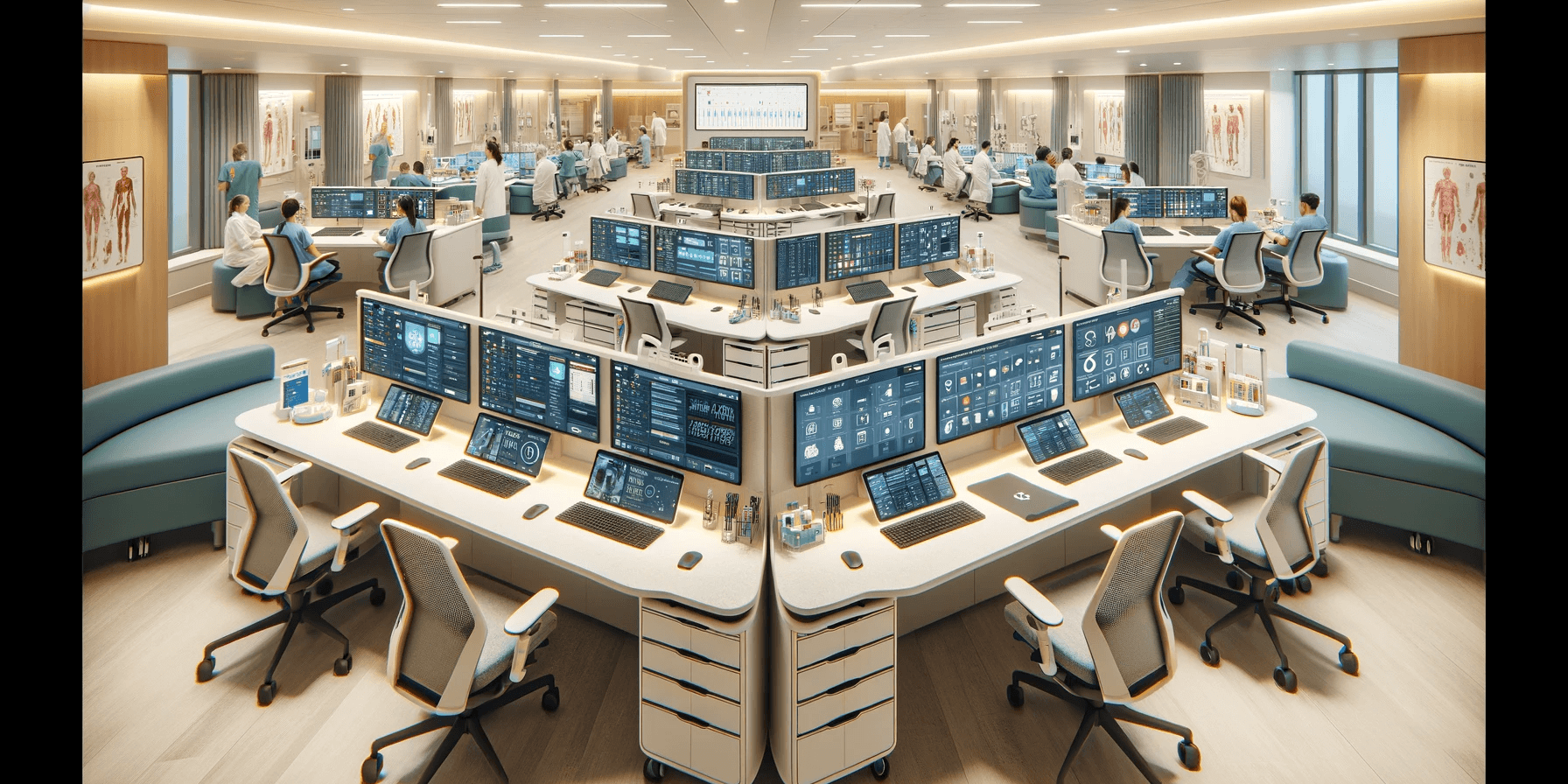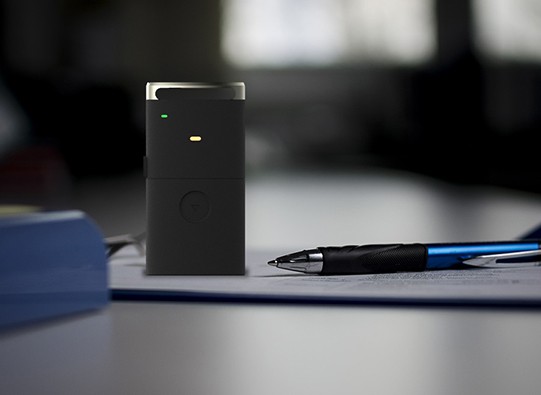
The Role of Advanced 2FA in Protecting Shared PCs in Medical and Manufacturing Settings
Shared PCs are a commonality, but they bring inherent cybersecurity risks, especially in industries like healthcare and manufacturing. For IT managers, cybersecurity professionals, and compliance officers, implementing robust security measures is non-negotiable, particularly in the context of compliance with standards like HIPAA and CMMC (NIST). Advanced Two-Factor Authentication (2FA) plays a pivotal role in this landscape, offering a resilient barrier against unauthorized access. Let’s review how advanced 2FA can be a game-changer in safeguarding shared PCs in these sectors. Protecting shared PCs in a crucial part of any cyber security plan.
The Need for Advanced 2FA in Shared Environments
Shared PCs in medical and manufacturing environments are often logged into by multiple users, sometimes with shared or easily guessable credentials. This scenario poses a significant risk, as it could lead to unauthorized access to sensitive data and systems. Advanced 2FA addresses this by requiring a second form of verification, drastically reducing the likelihood of security breaches.
How Advanced 2FA Enhances Security
- Dual Verification: Advanced 2FA requires users to authenticate their identity through two different methods, typically something they know (a password) and something they have (a physical token, a mobile app notification, or biometric data).
- Reduced Credential Theft Impact: Even if passwords are compromised, the second authentication factor acts as a critical line of defense.
- Improved User Accountability: With each user required to provide unique authentication, there’s a clear audit trail of who accessed what, enhancing accountability.
- Compliance with Regulatory Mandates: Advanced 2FA is often a requirement in compliance standards like HIPAA and CMMC, which emphasize the protection of sensitive data.
Advanced 2FA in Action: Healthcare and Manufacturing Examples
- Healthcare: In a hospital, nurses and doctors access shared PCs for patient data. Advanced 2FA ensures that only authorized personnel access sensitive health information, aligning with HIPAA requirements.
- Manufacturing: On the manufacturing floor, employees use shared systems to log production data. 2FA prevents unauthorized access, protecting intellectual property and sensitive operational data, which is crucial for CMMC compliance.
The Compliance Advantage
Advanced 2FA not only bolsters security but also simplifies compliance with regulatory mandates:
- HIPAA Compliance: Ensures that only authorized personnel access Protected Health Information (PHI), meeting HIPAA’s stringent access control requirements.
- CMMC Compliance: Aligns with NIST guidelines on access control and authentication, a core requirement for CMMC.
Conclusion
In the healthcare and manufacturing sectors, the implementation of advanced 2FA on shared PCs is not just a security measure but a compliance necessity. It provides a robust defense against unauthorized access, enhances user accountability, and aligns with regulatory requirements of HIPAA and CMMC. For IT managers and compliance officers in these industries, advanced 2FA is an indispensable tool in their cybersecurity arsenal, ensuring both the security of sensitive data and adherence to critical compliance standards. Protecting shared PCs should be made effortless.
See GateKeeper Enterprise advanced MFA in action.
Take a self-guided tour of how you can evolve from passwords. Then you're really saving time with automation.




